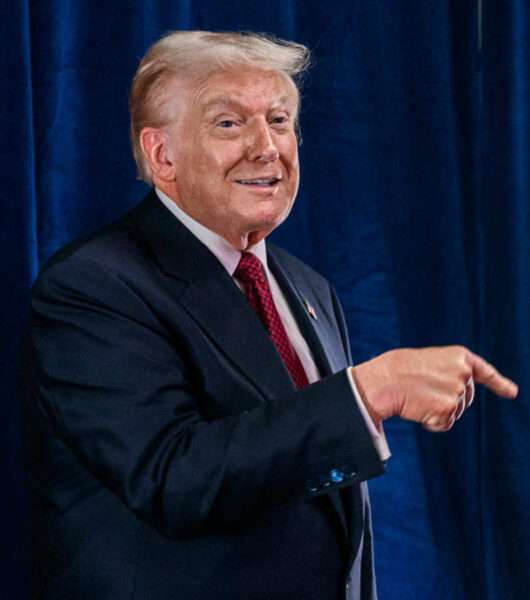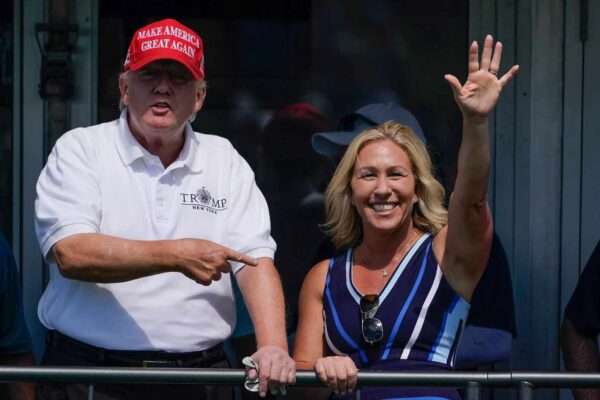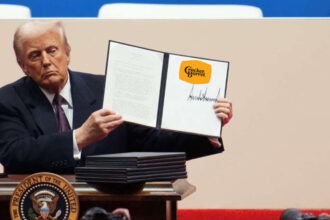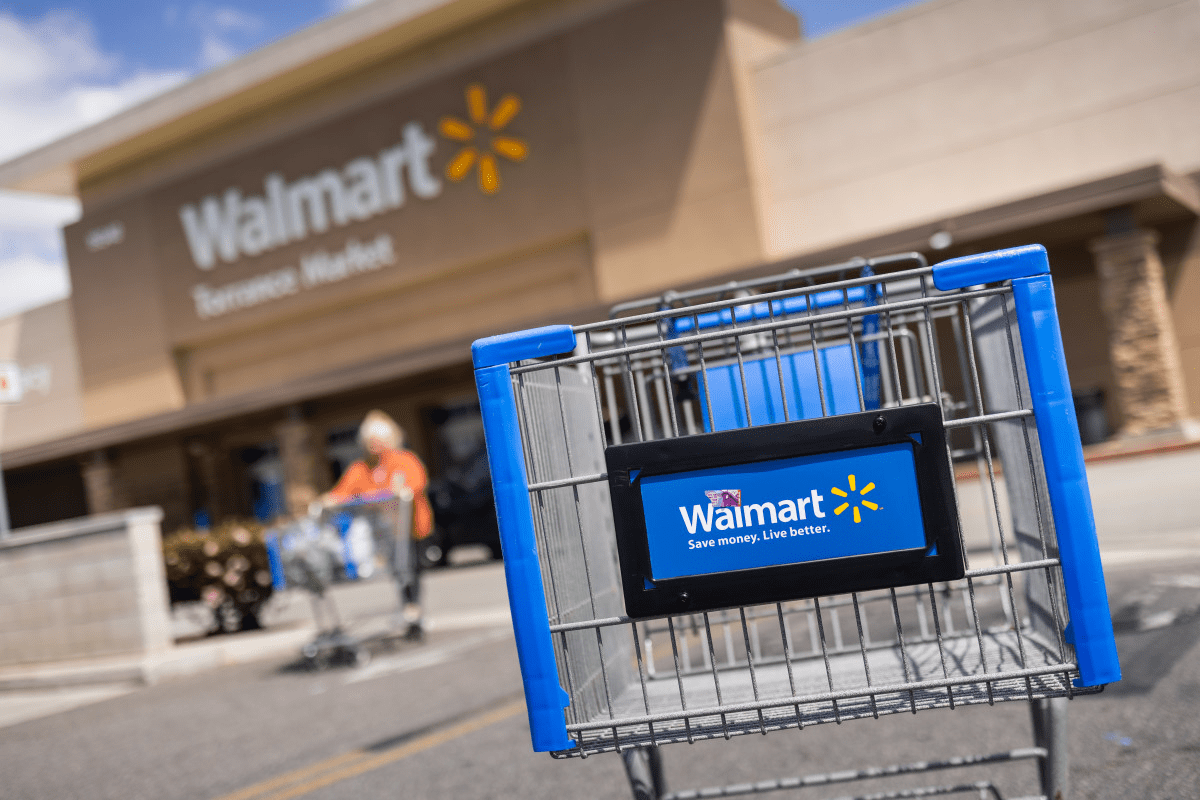In the wake of the Dylan Mulvaney incident that left Bud Light’s reputation hanging by a thread, the renowned beer brand has announced a radical marketing campaign to win back its core drinkers. Their strategy? An unbelievably bold move that has already sparked outrage and bewilderment across the nation.
Dubbed “Bud Light Uncensored,” the campaign takes an unprecedented approach in advertising history. In a bizarre attempt to reconnect with its traditional audience, Bud Light has decided to utilize the N-word, hoping it will somehow magically reignite their former fans’ passion for the beer.
Company spokesperson, Mr. Richard Pinterson, confidently defended the decision, stating, “We understand that the past few months have been challenging for us, but we believe in the power of innovation. We wanted to embrace edginess and tap into the authentic culture that our drinkers cherish. This campaign is not meant to offend; it’s meant to show we’re ‘keeping it real’.”
However, critics and consumers alike were quick to condemn the move, calling it a tone-deaf and misguided effort to recapture a lost audience. Social media exploded with disbelief, and hashtags like #BudLightFails and #WhatWereTheyThinking trended within hours.
Activist groups and civil rights organizations were also vocal in their condemnation. Sarah Johnson, spokesperson for the Coalition for Racial Equality, stated, “It is astounding that Bud Light would think using such a hurtful and derogatory term is a path to redemption. This campaign only serves to further alienate the very audience they are trying to win back.”
While Bud Light’s intentions might have been to push boundaries, it appears that they have crossed an uncrossable line. Some marketing experts suspect this might have been a desperate attempt to generate viral attention, but it’s clear that they underestimated the gravity of their chosen approach.
Public outcry did not deter Bud Light, who initially doubled down on their campaign, saying they “stand by their creative vision.” Nevertheless, as major retailers, restaurants, and bars began to distance themselves from the brand, the executives were forced to confront the reality of their controversial decision.
As the boycotts gained momentum and the sales of Bud Light plummeted, the company finally issued an apology. In a statement, they expressed, “We deeply apologize for any pain our marketing campaign may have caused. Our intentions were misguided, and we recognize that now. We take full responsibility for the hurt we’ve caused and vow to learn from this mistake.”
Despite the apology, the damage to Bud Light’s reputation was done. The campaign became infamous as one of the most ill-conceived marketing blunders in history. Many industry experts now use the term “Bud Light moment” to refer to any attempt at edgy advertising that goes horribly awry.
In the end, Bud Light learned a harsh lesson about the dangers of exploiting sensitive issues for marketing gain. While they may have hoped to recapture their core drinkers, they ultimately alienated them further and proved that some lines should never be crossed in the pursuit of profit.















